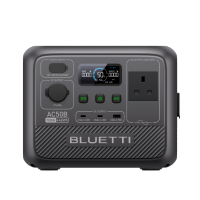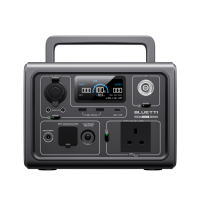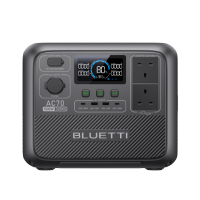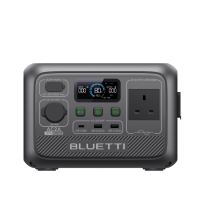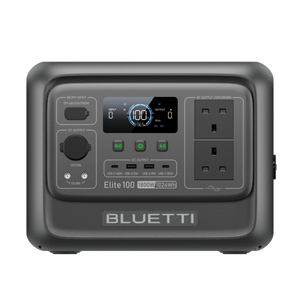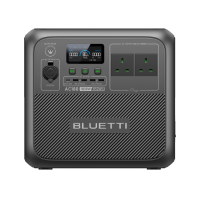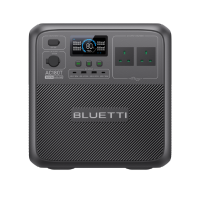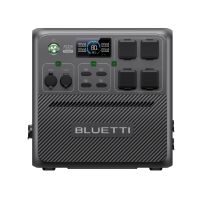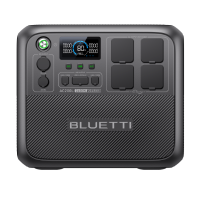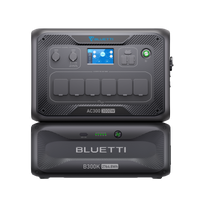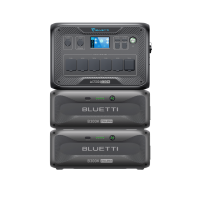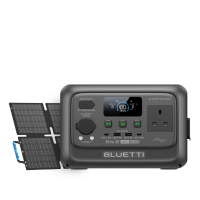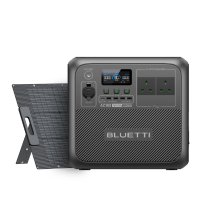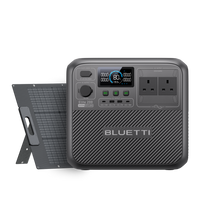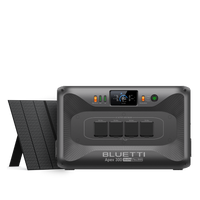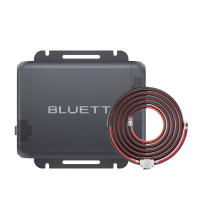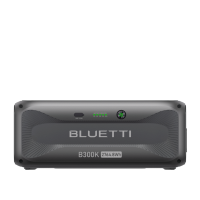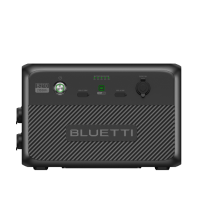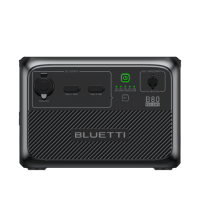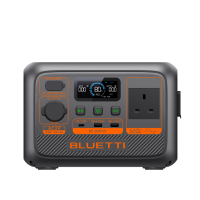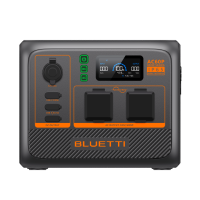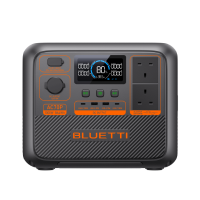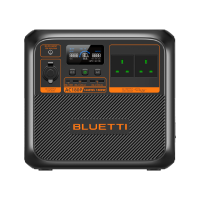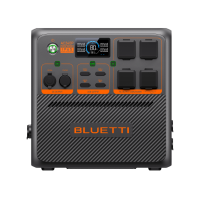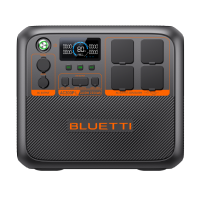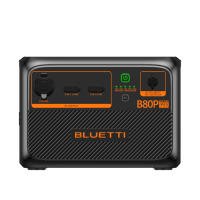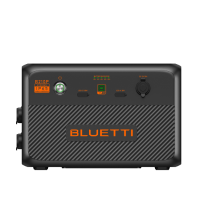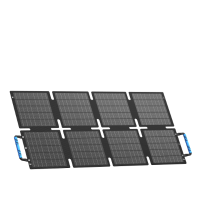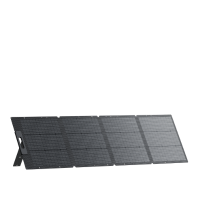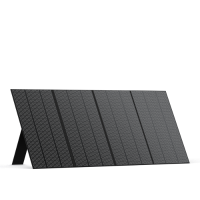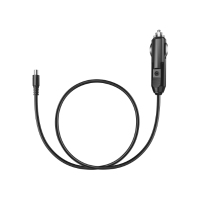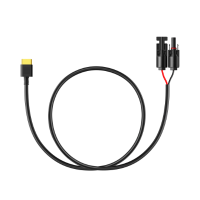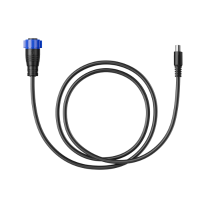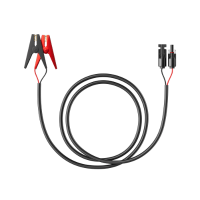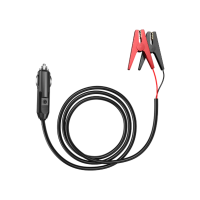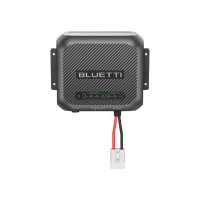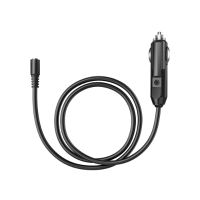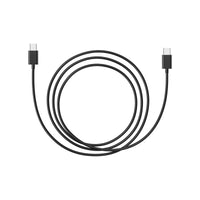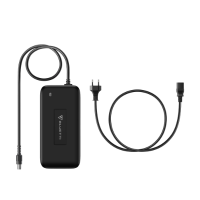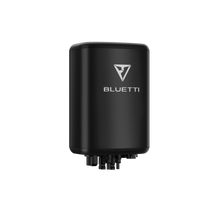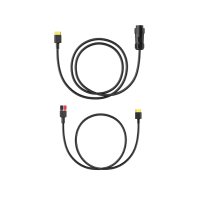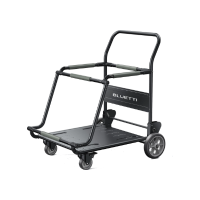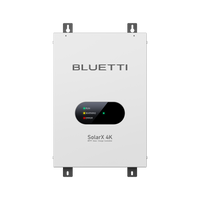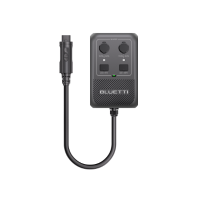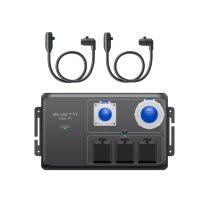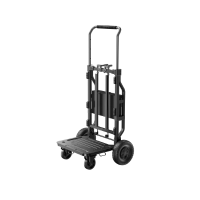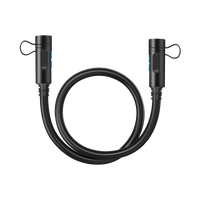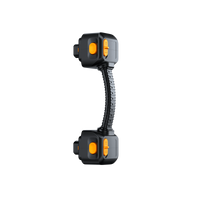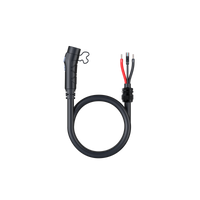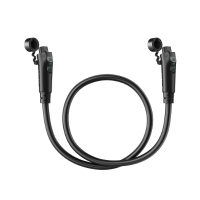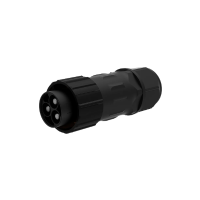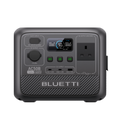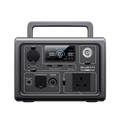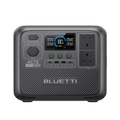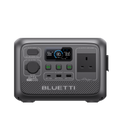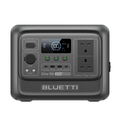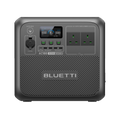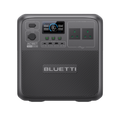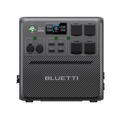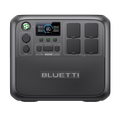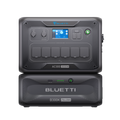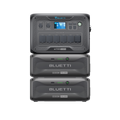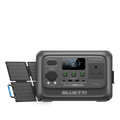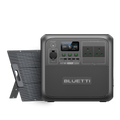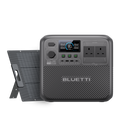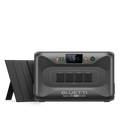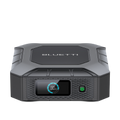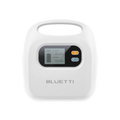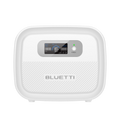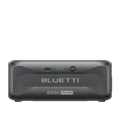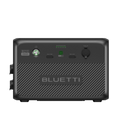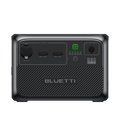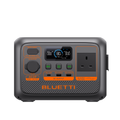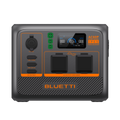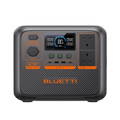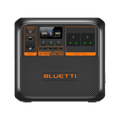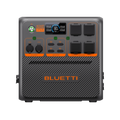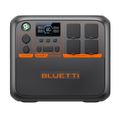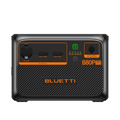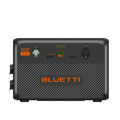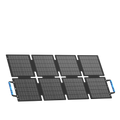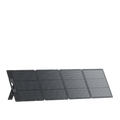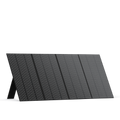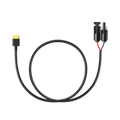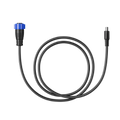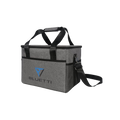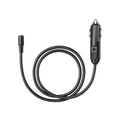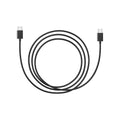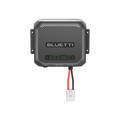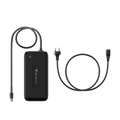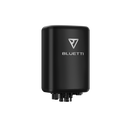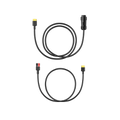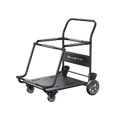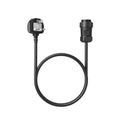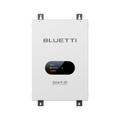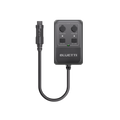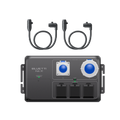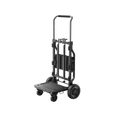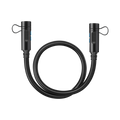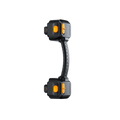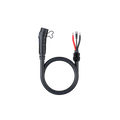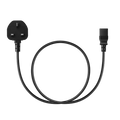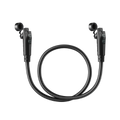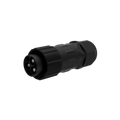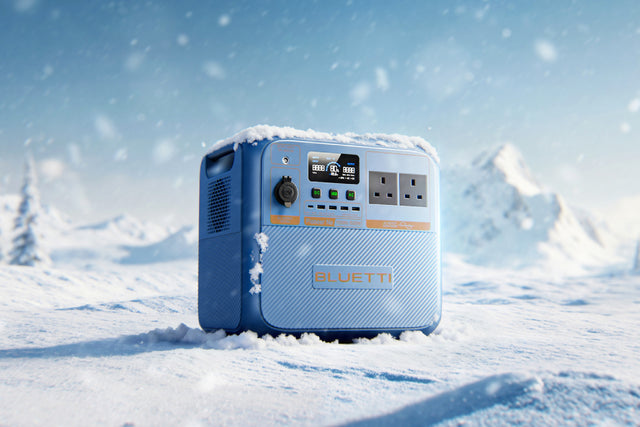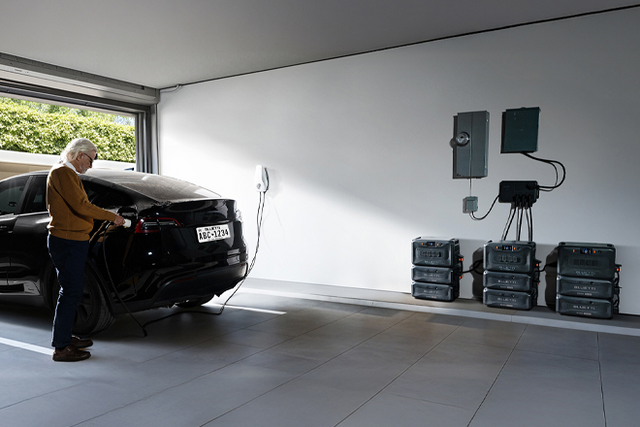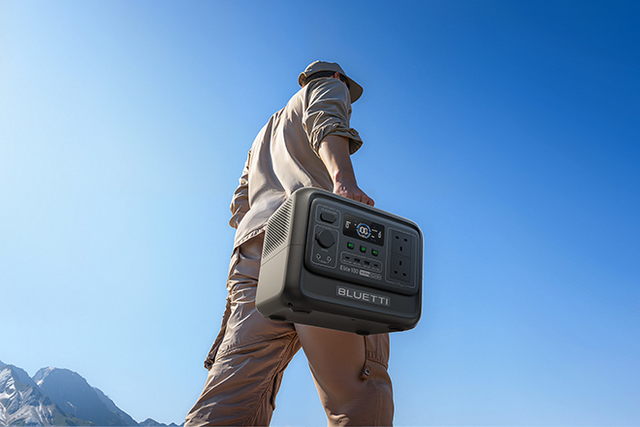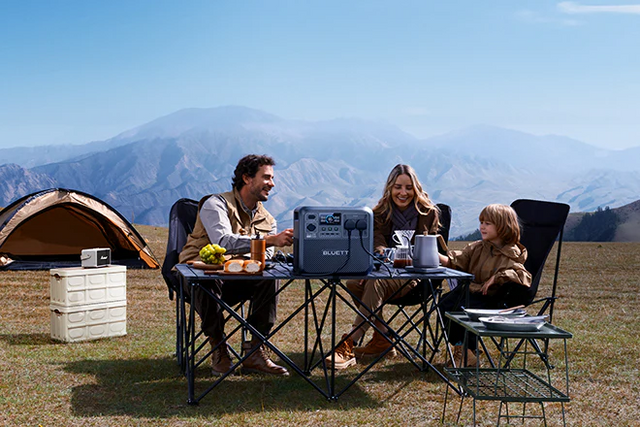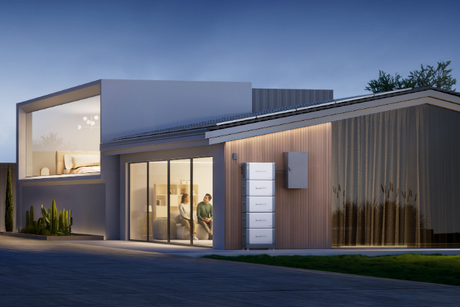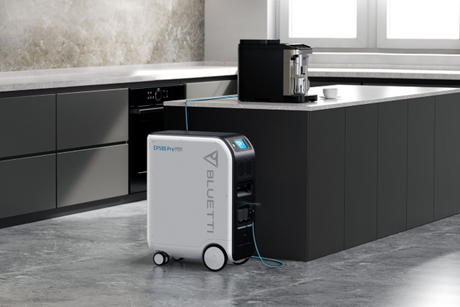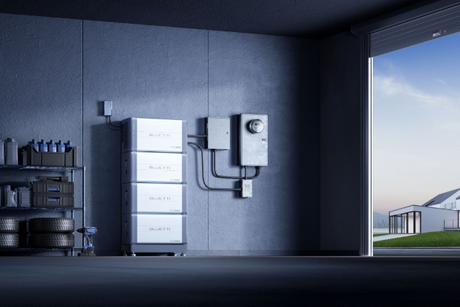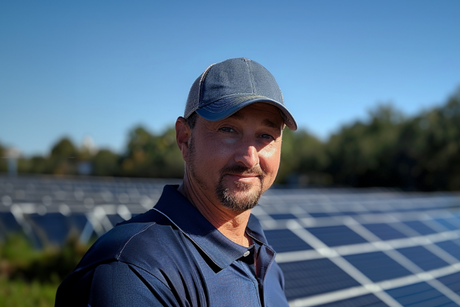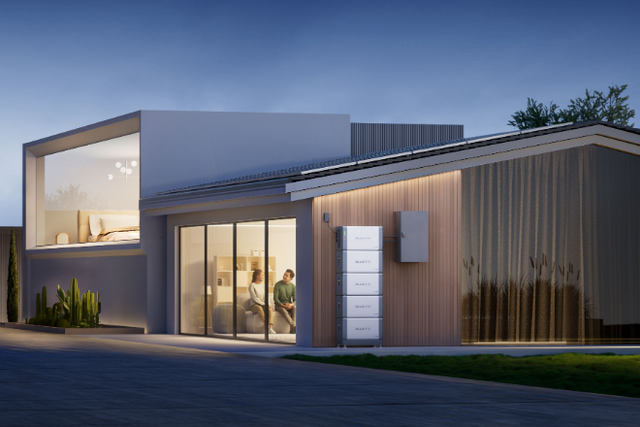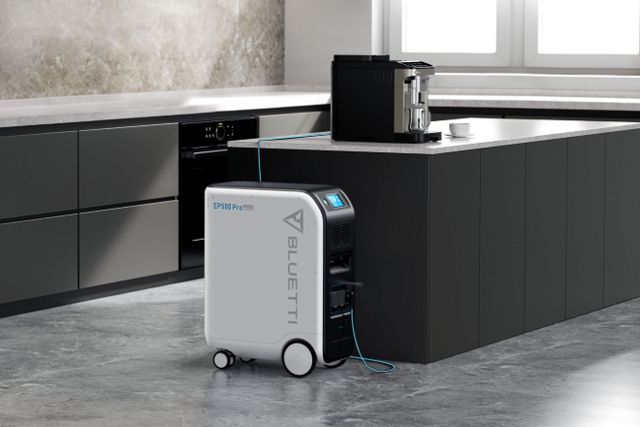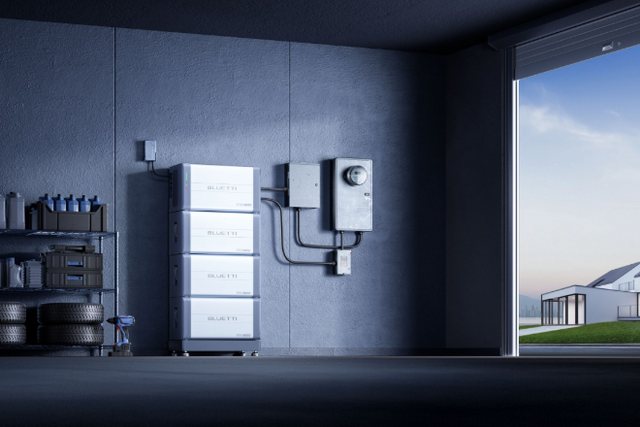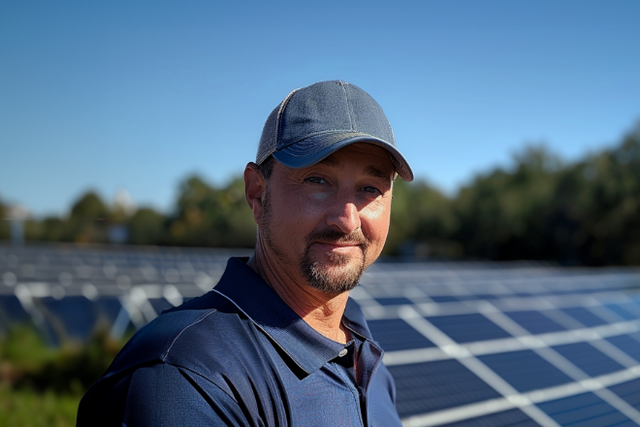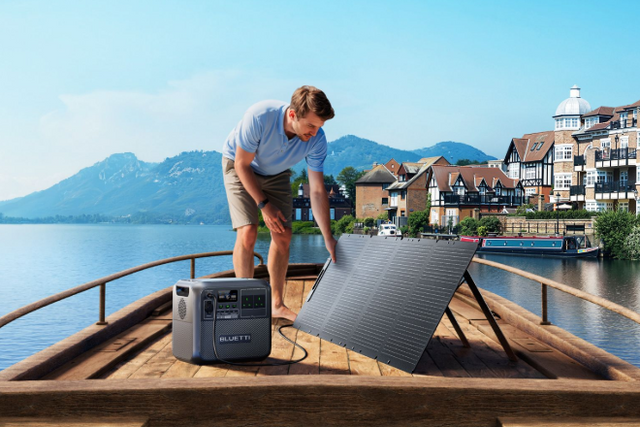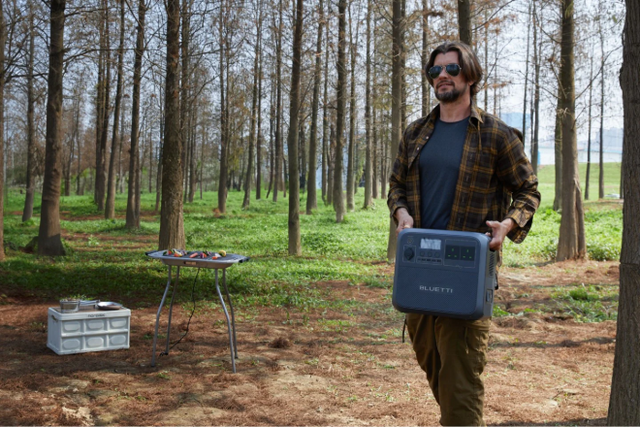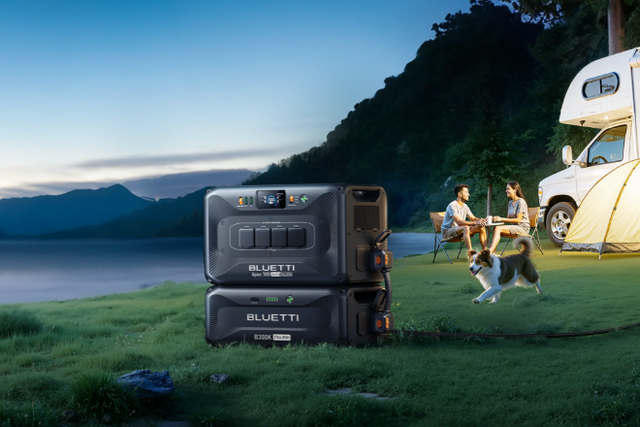Because of the expansion in environmentally friendly power sources and the increase in energy rates, many homes are considering the advantages of joining savvy meters with solar chargers. Solar chargers and savvy meters cooperate to oversee energy productively. All the information you need concerning smart meter solar panels is given here. In this article, we will go over the essentials of how these things cooperate, the upsides and downsides of each, and how to amplify your energy reserve funds and proficiency.
You can see your energy use progressively with smart meters. They help monitor your energy use and the hours of the day when it is most noteworthy. You might decrease your dependence on the framework by introducing solar chargers, which produce environmentally friendly power from the sun. The cooperative energy between solar chargers and brilliant meters may be very profitable.
This article will go into the subject of smart meters and how they communicate with solar chargers. We'll go over the advantages and disadvantages of joining them. Further, we will present supportive thoughts for improving the exhibition of solar charger framework and smart meter. This data will reveal insight into this innovation and its potential impacts on how you deal with your home's energy use. In the end, you will know precisely the exact thing to do to further develop your energy proficiency and save costs.
What is a Smart Meter?
A smart meter is a digital gadget that real-time logs your gas and electricity consumption. Smart meters automatically provide this data to your energy supplier, unlike conventional meters which ask for hand readings. This gives you current knowledge on your energy use, thereby enabling better management and reduction of your energy consumption.
The Difference Between the First and Second Generation Smart Meters (SMETS 1 and SMETS 2)
Smart meters come in two generations: SMETS 1 and SMETS 2.
-
SMETS 1:
First-generation smart meters abound. Changing energy providers might cause them to lose their "smart" ability, so manual readings are once more necessary. In 2011, SMETS 1 meters were deployed, which was the initial generation of smart meters. The purpose of these meters is to facilitate better energy distribution management by suppliers and easier consumption monitoring by consumers by providing real-time data on energy usage. The SMETS 1 meters send data via the mobile networks of the Data Communication Company (DCC). One major drawback of smart meters is that their "smart" features are sometimes rendered useless when customers change energy providers. At that point, the meters will go back to their original design and will require human intervention to read them again. Customers are irritated by this flaw because switching energy providers prevent them from using all of the smart features.
-
SMETS 2:
Solving this problem are second-generation smart meters. They provide flawless data transfer and constant smart features by functioning independently of shifting suppliers. With the release of SMETS 2 in 2018, the problems with SMETS 1 were addressed in the second generation of smart meters. Even if your energy provider changes, your SMETS 2 meters will keep working smartly to keep your data flowing smoothly. The SMETS 2 meters share the same data transmission protocol as their forerunners, the DCC network. Nevertheless, their cutting-edge technology enables them to deliver smart features without interruption, providing a more dependable and user-friendly experience. Smart meters are now even more convenient and useful because customers can change energy providers without losing access to data on their energy use in real-time and other smart features.
How Do Smart Meters Work with Solar Panels?
Smart meters and solar panels can cooperate to give a thorough perspective on your energy age and utilisation. At the point when you introduce solar panels, your smart meter solar power can follow how much solar energy you're creating, the amount you're utilising, and how much abundance of energy you're sending out back. This data assists you with streamlining your energy use and possibly bringing in cash through plans like the Smart Export Guarantee (SEG).
Together, smart meters and solar panels can show your energy results and utilisation comprehensively. Your shrewd meter will record your sun-based energy age, utilisation, and commodity of the abundance of energy back to the lattice when you introduce solar chargers. Through programs like the Smart Export Guarantee (SEG), this far-reaching information allows you to upgrade your energy utilisation and possibly set aside cash.
Smart Meters and the Smart Export Guarantee (SEG)
A government initiative known as the Smart Export Guarantee (SEG) provides financial compensation to residential properties for the additional renewable energy that they send back to the grid. In order to benefit from SEG, it is often necessary to own a smart meter since it provides an accurate measurement of the amount of energy that is exported. For your work on the grid, this ensures that you will receive the appropriate compensation.
Smart Meter Solar Panels Pros and Cons
Pros:
-
Real-Time Monitoring:
Smart meters enable you to make informed decisions by offering real-time data on energy output and consumption.
-
Efficiency:
Tracking your energy use helps you spot inefficient habits and save energy bills.
-
Export Tracking:
Smart meters let you monitor extra solar energy exported back to the grid, therefore guaranteeing correct SEG payments.
Cons:
-
Compatibility Issues:
Particularly older SMETS 1 meters, not all smart meters fit solar panel systems.
-
Privacy Concerns:
Some consumers worry about their energy use data being shared with suppliers invading their privacy.
-
Initial Costs:
Changing to a suitable smart meter solar energy might call for more expenses.
Can Solar Panels Be Installed Without a Smart Meter?
Indeed, one may install solar panels without a smart meter. Having a smart meter, nevertheless, can help your solar panel system be more beneficial. It lets you measure your solar energy output and consumption precisely, therefore optimising your energy savings and helping you to take part in export programs like SEG.
Things to Note About Smart Meters
While smart meters offer many advantages, it's important to be aware of potential issues:
Compatibility:
Particularly if you have an older SMETS 1 meter, make sure your smart meter fits your solar panel installation.
Data Accuracy:
Sometimes smart meters misread energy data, especially in complicated energy configurations like solar panels.
System Updates:
Regular maintenance and updates might be needed to keep your smart meter running with your solar panels in the right order.
Will Smart Meters Save the Household Money on Energy Bills?
By offering thorough, real-time insights into your energy use habits, smart meters can greatly lower energy expenditures. This data lets you spot periods of high use and modify your behaviour in response, including running high-energy equipment off-peak when rates of power are less. Moreover, smart meters can notify you of any odd energy usage spikes, therefore allowing you to act right away to stop pointless expenses.
Combining a smart meter with a BLUETTI EP760 energy-efficient system will increase these savings. Excess solar energy produced throughout the day is stored in the BLUETTI EP760 home battery backup system, therefore guaranteeing a consistent power supply at maximum demand. This greatly lowers your total energy costs by minimising your dependency on grid power, particularly during costly peak hours. Real-time monitoring with effective energy storage produces a strong synergy that optimises cost savings and advances a more sustainable home energy system.

FAQs
Q1: Are smart meters worth installing?
Indeed, smart meters are necessary for taking part in programs like SEG and offer useful information that might help you lower energy use and expenses.
Q2: How much does it cost to install a smart meter?
Many times, your energy supplier's upgrading program includes installing smart meters at no extra cost. Still, certain expenses might differ; so, it is advisable to ask your provider.
Q3: How do I know which type of smart meter I have?
This information might be supplied by your energy supplier. Additionally, look at the meter itself for labels denoting either SMETS 1 or SMETS 2 meters.
Q4: Do I need to change my meter for solar panels?
Not exactly! Having a suitable smart meter, however, can improve the advantages of your solar panel system, especially for tracking and SEG involvement.
Q5: If I already have a smart meter installed, can I change suppliers?
Indeed, particularly in the case of a SMETS 2 meters. Even changing vendors, SMETS 2 meters maintain their smart functionality.

Conclusion
Your savings and energy management will be much improved by combining smart meters with solar panels. Smart meters leverage the advantages of your solar panel system and help you maximise your energy use by offering real-time data on energy output and consumption. Further boosting your energy savings is taking part in initiatives like the Smart Export Guarantee (SEG).
Although there are certain compatibility and data quality issues to take into account, generally combining smart meters with solar panels pays off for any home trying to lower their energy expenses and support a more sustainable future.
Investing in cutting-edge technologies like the BLUETTI EP760 can help you improve your energy efficiency even further, therefore guaranteeing a consistent power supply and notable savings on your electricity costs. The growing popularity of renewable energy will make the interaction of smart meters and solar panels even more crucial for optimising energy efficiency and sustainability.
Shop products from this article
You May Also Like

Winter Fuel Payment: Eligibility, Payment Dates, and Winter Energy Tips
Winter Fuel Payments are the best source for pension-age households to manage rapidly increasing winter energy costs. Explore more on the eligibility, payment dates, allowance amounts, and practical winter energy...

Sodium-Ion vs Lithium-Ion Battery: The Real Science behind Cold Weather Battery Drain
Why is sodium-ion battery often considered more reliable in winter? Do you know the real science behind it? In this guide, you will explore the comparison between lithium-ion and sodium-ion...

Oven Power Consumption Explained: How Much Electricity Does Your Oven Use?
Have you ever thought about how much electricity your oven uses? What's the power rating in UK homes, or the associated cost with it? Discover some tips to reduce your...


